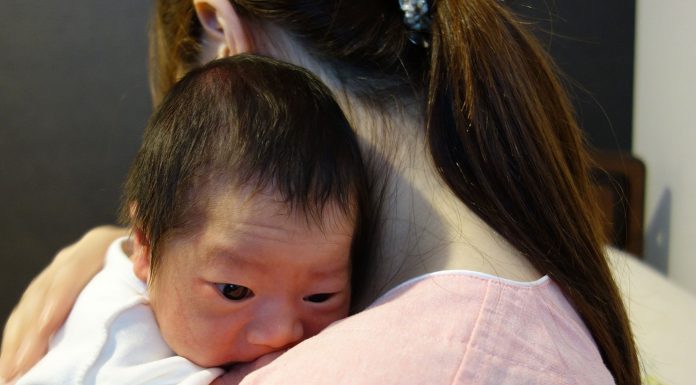A lack of nurses to care for patients rather than ‘uncaring’ nurses is the more likely cause of reports of poor patient care in some English hospitals, argues a just released major British study.
The link between unhappy patient and too few nurses per patient in England’s National Health Service (NHS) hospitals was found in a major quantitative study led by researcher Linda Aiken.
The study, published in the British Medical Journal earlier this year, is the first to bring together data on patient to RN staffing ratios, missed nursing care and patient satisfaction with NHS hospital care in England. Researchers say their findings refutes claims that quality of care deficits in NHS hospitals were due to uncaring nurses.
The study, led by Aiken, the professor of nursing at the University of Pennsylvania, said, highly publicised reports citing preventable deaths and deficiencies in hospital care in England, like in Mid-Staffordshire, had uniformly concluded that inadequate hospital professional nurse (RN) staffing was a contributing factor.
But she said that despite that leading to national guidance on safe staffing there was still substantial variation in staffing levels across NHS hospitals and the value of more RNs per patient was still questioned at the policy level.
Data gathered during the RN4CAST study found that nurse workloads averaged 8.6 patients per RN during the day, and ranged from 5.6 patients per RN to 11.5 patients per RN across the 46 hospitals involved in the English arm of the international research study.
“National survey data from patients experiencing a hospitalisation in an NHS hospital in England confirm that patients have a high level of trust and confidence in RNs.” The study said this evidence refuted the media reports blaming quality of care deficits in NHS hospitals on uncaring nurses.
“However, only 60% of patients indicated that there were always enough RNs to care for them, and 1 in 10 patients indicated that there were never rarely enough RNs. The importance to patients of adequate RN staffing is evident in their responses; 57% of patients who indicated that there were always or nearly always enough RNs to care for them rated care as excellent, compared with only 14% of the patients who said there were rarely or never enough.”
The researchers said additional analyses undertaken indicated that patients in hospitals with poorer RN staffing were much less likely to say there were always enough nurses to care for them.
“We estimate, from models that took account of numerous confounds, that the likelihood of patients saying there were always enough nurses to take care of them were about 40% lower in hospitals in which the average nurse took care of 10 patients than in hospitals in which the average nurse took care of 6 patients. These findings reinforce from patients’ perspectives the importance of adequate hospital RN staffing.”
The researchers concluded that the evidence showed that English patients expressed a high level of confidence and trust in nurses; and their satisfaction with hospital care was less favourable when they perceived there weren’t enough nurses available.
“The narrative that quality deficits in hospitals in England are due to ‘uncaring’ nurses is not supported by the evidence. On the contrary, our findings suggest that reducing missed nursing care by ensuring adequate numbers of RNs at the hospital bedside and improved hospital clinical care environments are promising strategies for enhancing patient satisfaction with care.”
The full study can be viewed at: http://bmjopen.bmj.com/content/bmjopen/8/1/e019189.full.pdf






















